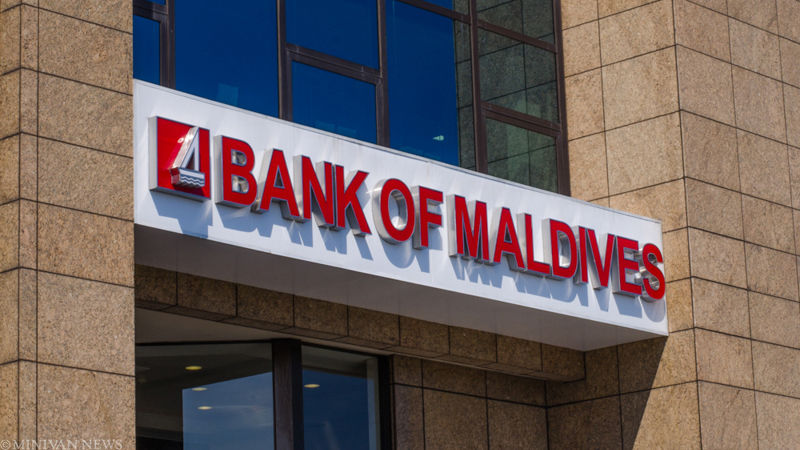Dozens of Bank of Maldives staff implicated in historic embezzlement scheme
The corruption watchdog’s new president said most of the 38 employees involved dealt with cheque clearance.

09 Jul 2019, 09:00
The corruption watchdog has implicated dozens of Bank of Maldives staff in the Maldives’ biggest ever corruption scandal, in which millions of American dollars were funnelled into private bank accounts.
The Anti-Corruption Commission (ACC) testified on Tuesday before parliament’s public finance committee about the embezzlement scheme run through the state-owned Maldives Marketing and Public Relations Corporation, during which more than MVR1.4 billion (US$91 million) in money owed to the state as acquisition fees for tourism development leases was siphoned off into private bank accounts.
ACC’s new president, Muaviz Rasheed, told the committee that 38 bank employees colluded in the embezzlement, especially at the clearance stage when cheques issued to the state-owned marketing company were funnelled into private accounts. Muaviz said the number included junior staff and members of the management and the board of the Bank of Maldives, and that all of them were being investigated over their part in the scheme.
Muaviz noted that several cheques which were issued to be deposited into MMPRC bank accounts were diverted to other accounts without the required endorsements. The MMPRC board had passed a board resolution on its cheque endorsement policy, which was also shared with the bank. However, the bank did not follow the policy, Muaviz said.
Become a member
Get full access to our archive and personalise your experience.
Already a member?
Discussion
No comments yet. Be the first to share your thoughts!
No comments yet. Be the first to join the conversation!
Join the Conversation
Sign in to share your thoughts under an alias and take part in the discussion. Independent journalism thrives on open, respectful debate — your voice matters.




